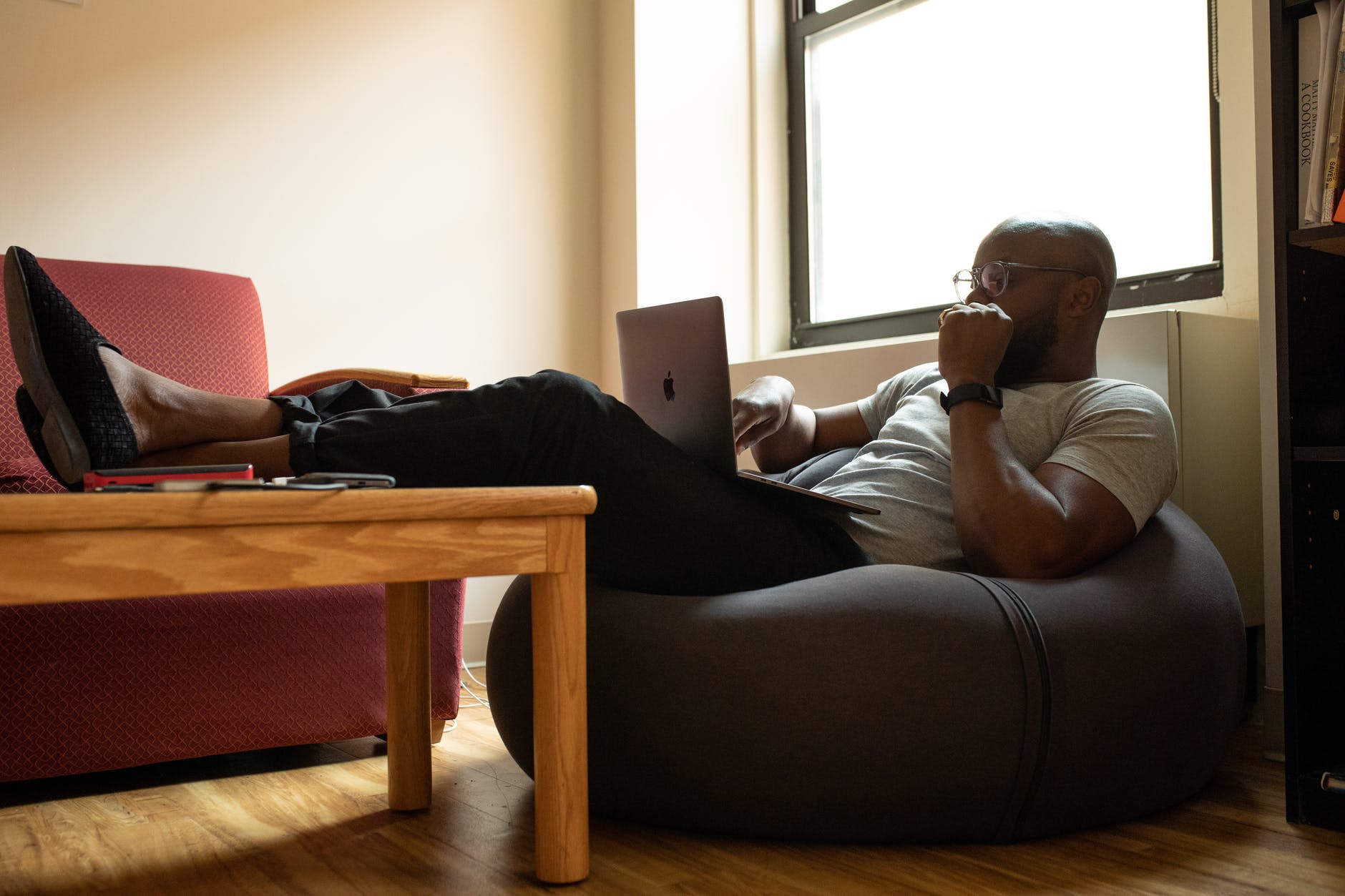BLOG
SSP changes mean employers cannot demand a doctor’s note until 28 days
Written on 21 December 2021
Employees who are sick or self-isolating can normally self-certify for the first seven days of absence. This means following their workplace process but not having to get a note from a doctor or NHS 111.
However, under the newly-introduced Statutory Sick Pay (Medical Evidence) Regulations 2021, it is now possible for an employee to self-certify their sickness absence for up to 28 days.
The temporary rule change, which has largely flown under employers’ radars, is set to apply from 17 December until 26 January 2022 – subject to any developments in that time – and will prevent employers from requesting proof of sickness until 28 consecutive days have passed. This includes non-working days.
With the government pushing to ramp up the booster jab rollout in an attempt to curb the rapid spread of Omicron, this extended self-certification period is intended to relieve pressures on GPs and free up capacity to focus on the program.
The fine print
The new 28-day self-certification rules will only apply for SSP purposes. As such, it may be possible to have differing rules for contractual sick pay policies.
Additionally, if the employee started their sick leave before 10 December 2021, usual rules apply; the employer can ask for proof if they have been off work for more than seven days in a row (including non-working days).
The new rules only change the self-certification period. All of the other rules around SSP and self-certification continue to apply.
Related Content
Do you need support?
Speak to us for an honest, no obligation chat on:
0345 226 8393 Lines are open 9am – 5pm
What proof can employees provide?
If they are self-isolating due to COVID-19, proof of sickness can include an isolation note from NHS 111, an NHS self-isolation notification (where they have been in contact with a COVID case) or, if they’ve been advised to self-isolate ahead of a hospital admission, a letter from their doctor or healthcare professional confirming the date of their procedure.
For any other illness, the employee can provide a fit note from their doctor or a hospital.
If an employee is late in providing a fit note or isolation note, the employer cannot withhold SSP. The government has urged employers to consult HMRC’s guidance on getting medical advice if an employee has frequent or lengthy sickness absences.

What to do now
While employers may be worried that this will create additional work over the festive period, particularly when it comes to amending policies, WorkNest’s Director of Legal Services, James Tamm, says this is a “big but temporary change”.
He explains: “There’s no need at this point in time to change any existing written procedures or handbooks. This appears to be a short-term measure, and assuming pressure is alleviated on GPs, we should have reverted back to the normal seven days by the end of January. Managers and HR teams will just need to bear this in mind for the next five to six weeks.”
Some commentators have suggested that the new rules will be extended beyond the current proposed end date of 26 January 2022. James says employers “will have to wait and see” if that comes to pass. “If it does, changes to written procedures may be necessary”, he says, “but for now I wouldn’t recommend that”.
Potential issues
Nonetheless, the idea that employees can now be off sick for a month without having to provide a doctor’s note as proof – particularly over the busy holiday period – may be a worrying prospect for employers, as it’s conceivable that some employees may seek to take advantage of the new rules.
Unfortunately, employers cannot demand that an employee produces a fit note until after the extended 28-day period is up, even if they suspect they are not genuinely ill. Without sufficient evidence of malingering, employers have no choice but to accept a fit note at face value.
James Tamm says that while employers will be concerned about employees taking advantage of generous contractual sick pay schemes, those schemes will have specific rules which must be complied with. He explains: “If one of those is a requirement to provide a sick note after seven days, and the employee fails to comply, you would not be required to pay out under a contractual scheme. Instead, the employee would only be entitled to SSP.
“Fortunately, it was recently announced that the government’s Statutory Sick Pay Rebate Scheme will be reintroduced in mid-January, which will enable employers to claim back any SSP paid to employees due to coronavirus. In other words, businesses won’t be out of pocket, even if employees do self-certify for the full 28 days.”
For those who fear employees are likely to exploit the new regulations, James advises to first point out that the rules for contractual schemes are different and must still be complied with. He adds: “It’s also important you have robust procedures in place for dealing with absenteeism and ensure those are followed so that employees with a poor attendance record can be dealt with appropriately.”
Need advice?
Confused about what the rule changes mean for your organisation? Facing a particularly tricky sickness absence situation you’re not sure how to solve? Or just not set up to manage these matters effectively?
At WorkNest, we help employers take a proactive and confident approach to absence management through policy creation, pragmatic advice and powerful software.
To discuss your specific needs and discover how our Employment Law and HR specialists can help your organisation maximise productivity while minimising legal risk, call 0345 226 8393 or request your free consultation using the button below.




